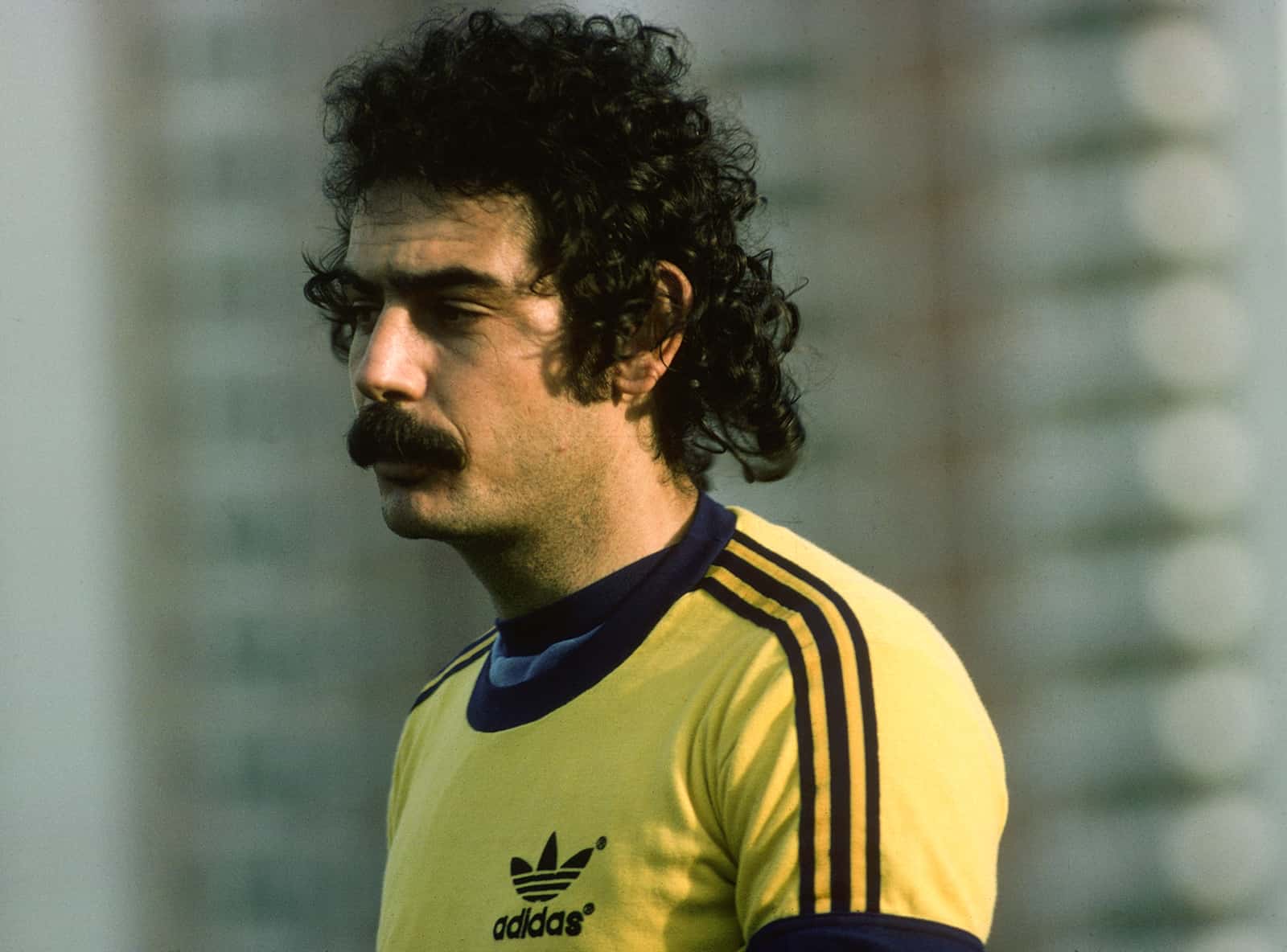Hey football fans, prepare to be captivated by the legend of Rivelino, a Brazilian football icon whose artistry on the pitch left an indelible mark on the beautiful game. From his mesmerizing footwork to his masterful free kicks, Rivelino’s brilliance continues to resonate with fans and inspire generations of players worldwide. Join us as we delve into the fascinating facts and untold stories that make Rivelino one of the most celebrated figures in football history.
Facts About Rivelino
Rivelino, a name synonymous with footballing genius, evokes a sense of awe and admiration among enthusiasts of the sport. His extraordinary talent and captivating style of play cemented his place as a true legend. Let’s explore some intriguing facts about the man who orchestrated magic with a ball at his feet:
The Elastico Master
Imagine a move so elusive that defenders are left grasping at thin air. That was Rivelino’s signature move, the “elastico.” This lightning-fast flick, executed with the outside of his foot, allowed him to change direction with unmatched deception, turning opponents inside out and leaving them bewildered.
The Free Kick Maestro
While some players instilled fear with their thunderous strikes, Rivelino commanded respect with his mastery over free kicks. His ability to bend the ball with laser-like precision, sending it on a curving, dipping trajectory towards the back of the net, was simply mesmerizing. Goalkeepers stood little chance against his perfectly weighted shots, making him a constant threat from set pieces.
A World Cup Hero
The 1970 World Cup witnessed the unparalleled brilliance of the Brazilian national team, and Rivelino played a pivotal role in their historic triumph. His exceptional skills and extraordinary vision on the field were instrumental in guiding Brazil to victory, solidifying his status as a national hero.
A Legacy That Endures
Rivelino’s impact on football extends far beyond his playing days. He remains a revered figure in the sport, admired for his contributions both on and off the field. As a true ambassador for football, he advocates for the game’s positive values and uses his platform to inspire young athletes and support charitable causes.
How good was Rivelino?
When discussing the pantheon of footballing greats, Rivelino’s name consistently surfaces among the most skilled and influential players to ever grace the pitch. Widely regarded as one of the greatest midfielders of all time, his technical skills, tactical genius, and unwavering determination left an enduring legacy on the sport.
Considered by many to be Brazil’s fourth-best footballer, Rivelino’s impact on the international stage was nothing short of remarkable. His ability to dictate the tempo of the game, create scoring opportunities with pinpoint accuracy, and dismantle defenses with his signature “flip flap” dribbling technique made him a nightmare for opponents.
Experts suggest that Rivelino’s influence on modern football cannot be overstated. His innovative style of play, characterized by a unique blend of flair and effectiveness, inspired countless aspiring footballers, including the legendary Ronaldinho.
To truly grasp Rivelino’s brilliance, one must delve into the annals of football history, exploring the countless matches where his extraordinary talent was on full display. His legacy continues to inspire awe and admiration, serving as a testament to the transformative power of skill, vision, and an unwavering passion for the beautiful game.
What position did Rivelino play?
Roberto Rivelino, the Brazilian maestro, orchestrated the beautiful game from the heart of the pitch, excelling as an attacking midfielder. His exceptional close ball control, precise long passing, and mesmerizing dribbling skills made him the engine room of the legendary Brazilian national team that triumphed in the 1970 FIFA World Cup.
Rivelino’s left foot, often described as a wand, could unlock defenses with ease. His powerful shots and bending free-kicks, delivered with unparalleled accuracy, made him a constant threat to opposing goalkeepers. One of his most memorable goals came in the 1970 World Cup, where he unleashed a stunning bending free-kick against Czechoslovakia, showcasing his mastery over the dead ball.
Why is Jairzinho Famous?
Jairzinho, aptly nicknamed “The Hurricane,” roared into football history with his explosive speed, exceptional dribbling skills, and remarkable scoring prowess. As a key member of Brazil’s triumphant 1970 FIFA World Cup team, his contributions on the field cemented his place among the legends of Brazilian football.
Jairzinho’s speed was legendary. He could surge past defenders with ease, leaving them trailing in his wake. His dribbling skills were equally impressive, allowing him to weave through tight spaces and create scoring opportunities for himself and his teammates. But it was his goal-scoring ability that truly set him apart. Jairzinho possessed a powerful shot and an uncanny knack for finding the back of the net.
One of Jairzinho’s most remarkable achievements was scoring in every match of the 1970 World Cup, a feat that showcased his consistency and ability to perform under pressure. His contributions were instrumental in securing Brazil’s third World Cup title, etching his name in the annals of football history.
While Jairzinho’s career primarily unfolded in South America, his fame transcended borders. His electrifying performances on the world stage captivated audiences worldwide, solidifying his status as a global football icon.
Looking for more fascinating insights into the world of legends?
Delve into the captivating life and career of legendary singer Janis Joplin: facts about janis joplin
Discover the incredible story of Helen Keller, an icon of resilience and inspiration: amazing facts about helen keller
- Discover Clinton, MI (Lenawee County): A Charming Village in the Heart of the Irish Hills - November 22, 2024
- Cohocton, Steuben County, New York: A Village Charm in the Finger Lakes Region - November 22, 2024
- Riceville, Iowa: Exploring the Heart of Northeast Iowa After the 2024 Leadership Change - November 22, 2024















